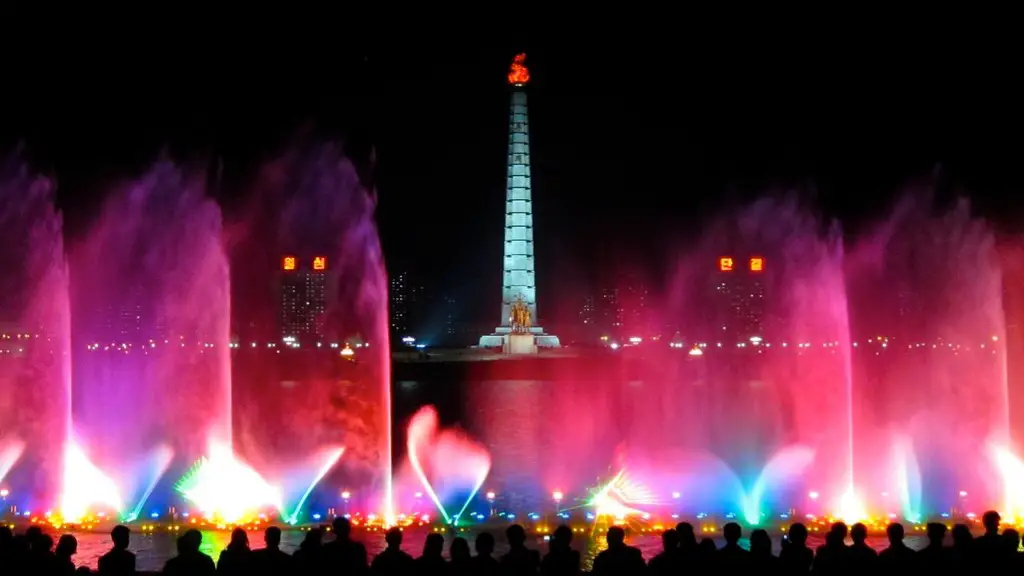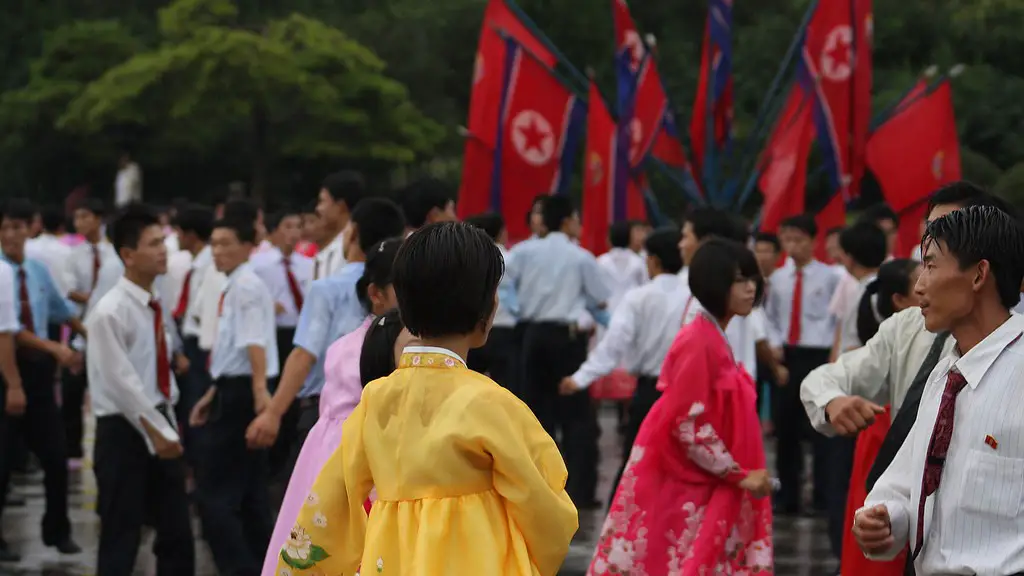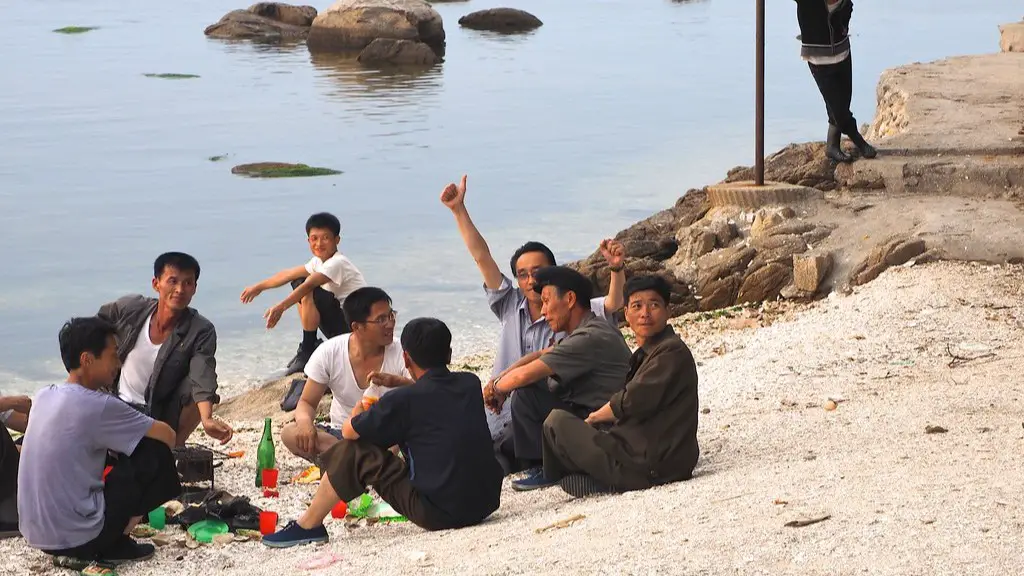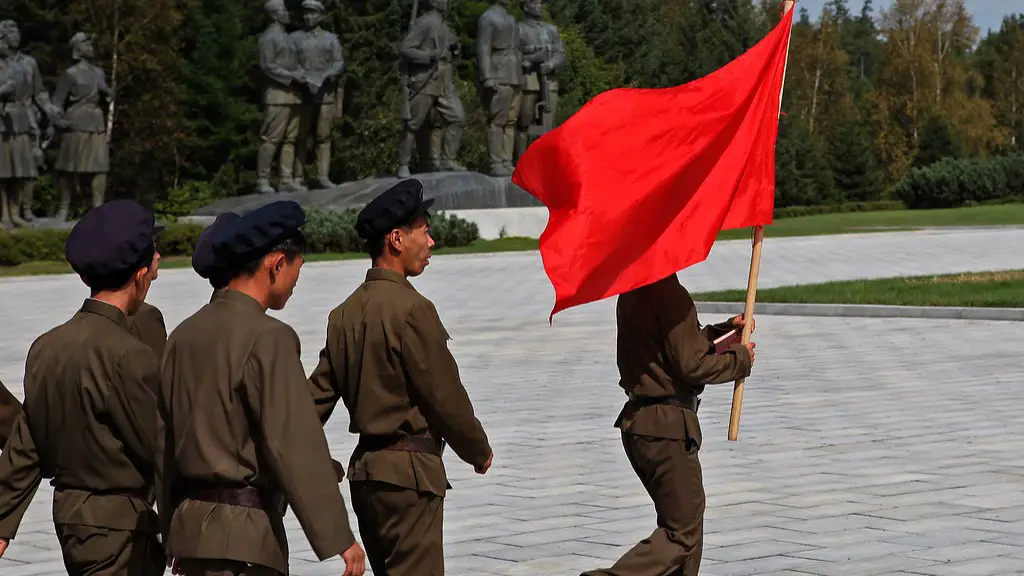How is the Leader of North Korea Doing?
Since coming to power in 2011, Kim Jong Un has been enigmatic to the world, mostly because information about North Korea is so sparse. Over the past decade, Kim Jong Un has risen to be one of the most influential figures in the world, ushering in a nuclear closed-off era and ushering in questionable human rights practices. Let’s take a closer look at the enigmatic leader of North Korea, and explore how he has been faring.
Background Information
Kim Jong Un is the third generation leader of North Korea, after his father Kim Jong Il and his grandfather, Kim Il Sung. Kim Jong Un assumed his position in December 2011 at the young age of 28. Since then, North Korea has been relatively closed off to the rest of the world. However, information about North Korea slowly seeps in through clever defection and satellite photos. What we know of North Korea is a nation of strict political control, poverty, and oppressive human rights practices.
Data and Perspectives from Experts
Given the lack of information at our disposal, assessing the state of North Korea’s leader is difficult. Still, experts in the field have drawn some conclusions. For example, financial and political analysts point to Kim’s nuclear missile arsenal as evidence of his strength. Meanwhile, human rights activists have expressed dismay and alarm at the level of control and oppression he’s exercised since becoming leader. Human Rights Watch reports that arbitrary detentions, torture and forced labor are the norm in North Korea.
On the other hand, some commentators argue that younger generations of North Koreans are more open to Western ideals, leading to increased consumerism and a faster pace of life within North Korea’s borders. For example, imports of consumer goods have increased drastically since 2010. These findings suggest that Kim’s rule may not be as oppressive as previously reported. Further, many traders have discovered that North Korea is an open market for imports of consumer goods, including electronics and machinery.
Analysis and Insights
One of the biggest questions facing experts is whether or not Kim Jong Un is a legitimate leader, feared or revered by his citizens. While it is unclear what the general sentiment of the North Korean public is, there have been indications from defectors that Kim has been able to navigate through some of the country’s most difficult times. This includes helping North Korea transition from famine to food security, improving the economy and slowly opening up North Korea to the rest of the world.
At the same time, however, Kim Jong Un’s authoritarian rule has meant that he has complete control over his people. This has been a source of concern for international NGOs and human rights organizations. There are several reports that the people of North Korea are routinely subjected to arbitrary detentions and torture. This fear of retribution has sadly kept the people of North Korea from speaking out about their situation.
International Relations
Another hallmark of Kim’s rule has been his tense relationship with the outside world. Under his rule, North Korea has continued its nuclear activities, including several recent missile tests. This has led to increased tension between the nations and allies of North Korea, and has caused the United Nations to consider imposing sanctions if North Korea continues its current pattern of behaviour.
Kim has also sought to build bridges with other countries. He has taken steps to open up the hermit kingdom to the rest of the world and has made diplomatic visits to Japan and South Korea. These visits have been a good sign that North Korea is willing to engage in a constructive dialogue with its neighbours.
In addition, Kim has also sought to build closer ties with China, which has long been a key ally of North Korea. In April 2018, Kim met with Chinese President Xiao Jinping and the two leaders agreed to increase cooperation and exchange on many issues. This meeting was seen as a positive sign that North Korea is willing to open up its borders and interact with other countries.
Internal Politics
While Kim’s foreign policies have drawn criticism from the international community, it must be noted that there are indications that his internal policies have increased stability and prosperity within his country. For example, under Kim’s rule, the construction of new housing and infrastructure has increased. This has improved the quality of life for many citizens and has been a source of pride for North Koreans.
Kim has also continued to develop his own political dynasty by appointing his relatives and trusted allies to key government and military positions. This has helped him consolidate power and ensure loyalty. Further, his recent moves to end barriers between North and South Korea along with warmer diplomatic ties with China have shown that he is capable of exercising restraint and exercising diplomacy when necessary.
Living Standard
Although North Korea remains one of the poorest countries in the world, there are some indicators that Kim Jong Un has improved citizens’ living standards. For example, food security in North Korea has been steadily increasing since 2012. The nation’s healthcare system has also seen improvements, particularly in rural areas. Recent reports suggest that the average North Korean has access to more electricity and improved medical care.
Further, more North Koreans have been able to purchase consumer goods such as TVs and cell phones, which had not been widely available before Kim came to power. This suggests that economic and consumer freedoms are slowly increasing for the people of North Korea.
Religious Freedom
Another indicator of the state of Kim’s rule is the level of religious freedom in North Korea. While religious freedom is still severely limited, there have been some signs of progress in recent years. For example, in 2012, Kim issued a decree that allowed religious institutions to open and operate in North Korea, as long as they remain in line with state policy.
There have also been reports of citizens being able to practice their faith without fear of retribution. However, religious persecution still exists and remains a major concern for human rights activists. Nevertheless, it is important to note that Kim’s government has gradually relaxed its policies, allowing for greater religious freedoms.
Overall Welfare
Overall, it is difficult to accurately assess Kim Jong Un’s rule, given the limited information available. Still, it is possible to draw some conclusions. While Kim’s rule has been marred by controversy and human rights abuses, there is evidence that North Koreans are enjoying greater rights and freedoms under his rule. Kim has also sought diplomatic ties with other nations, indicating a willingness to open North Korea to the rest of the world. It remains to be seen what his rule will bring in the future.




